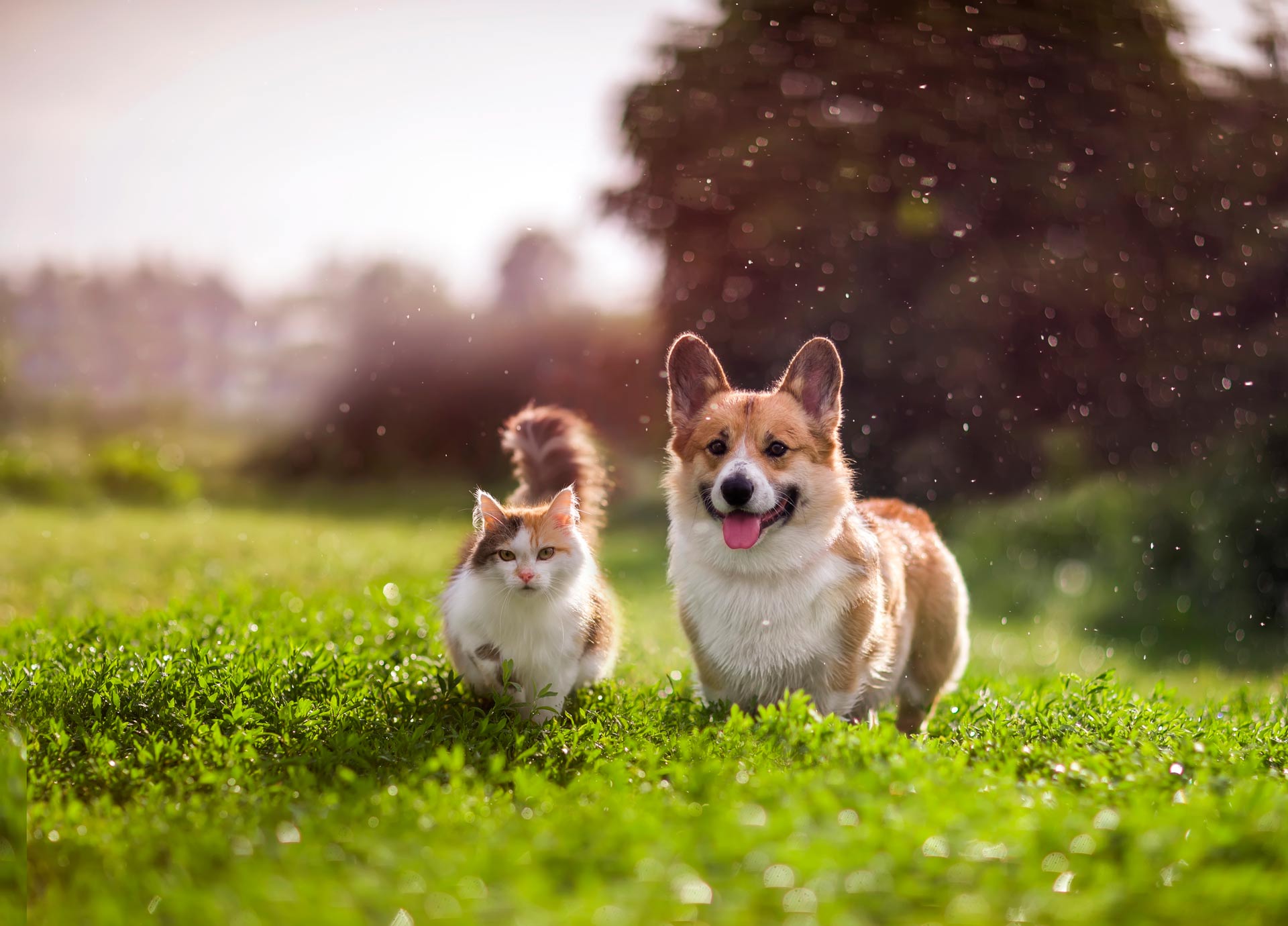Estate Planning For Pets Things To Know Before You Buy
Table of ContentsThe Facts About Estate Planning For Pets RevealedThe Facts About Estate Planning For Pets RevealedAbout Estate Planning For PetsEstate Planning For Pets Things To Know Before You Get ThisEstate Planning For Pets Fundamentals Explained
Those people who think about our companion animals as member of the family are conscious of our obligation to these dependent animals. It is essential to make certain that their care and comfort continue undisturbed must we become incapable of caring for them ourselves. One way to prepare for that contingency is to set up something called a.
The "grantor" (likewise called a settlor or trustor in some states) is the person who creates the trust, which might work during a person's life time or at death. Typically, a trustee will hold home (money, for example) "in trust" for the benefit of the grantor's family pets. The trustee will pay to a designated caregiver(s) on a regular basis.

The Ultimate Guide To Estate Planning For Pets
In addition to offering the name and address of a trustee and successor trustee, a caretaker and successor caretaker, (all of whom can be corporations and/or people) you will be asked to supply enough information to: Properly identify your family pets in order to prevent scams, such as through images, microchips, DNA samples, or alternatively, by explaining your animal as a "class"to put it simply, as "the pet(s) owned by you at the time of your illness/death"; Describe in information your family pet's standard of life and care; Require routine inspections of your family pet(s) by the trustee; Figure out the quantity of funds needed to sufficiently cover the expenditures for your animal's care (typically, this amount can not exceed what may reasonably be needed given your family pet's standard of living) and define how the funds should be dispersed to the caretaker; Figure out the quantity of funds needed to properly cover the expenses of administering the animal trust; Designate a remainder recipient in case the funds in the animal trust are not tired; Offer instructions for the last personality of your family pet (for instance, burial or cremation) (Estate Planning for Pets).
See our State Laws Chart for more information on family pet rely on your state.
If you have a family pet, these are concerns you might have thought about. You can develop a strategy for your family pets in your estate strategy.
All About Estate Planning For Pets
The most basic and least costly way to supply for your animal after you die is to leave your animal to someone in your will. I advise speaking with the person you wish to name as anchor your pet's brand-new caregiver and supplying them with a copy of your will. This provides the brand-new caregiver the legal premises to take and care for your family pet immediately upon the occasion of your death.
It is always suggested to use somebody you rely on as the new caretaker as the money can be utilized at their discretion once they're the brand-new caregiver of the family pet. If you want more certainty that your family pet will be attended to, you might establish an animal trust. This is a relatively new principle under Iowa law.

The Main Principles Of Estate Planning For Pets
As an estate preparation lawyer, I would enjoy to talk through these alternatives with you as part of your estate strategy and ensure your pets are taken care of either through your will, trust, or by a charitable company. Estate Planning for Pets.
Family pet preparation can be done for pets, felines, horses, birds and any other animal that has a special place in your heart. In the eyes of the law, pets are property. Click to check out a post from Carol's blog site that discusses this. If you would like to watch a segment where her pet Jake was included in a short article this website on estate planning for pets, click For this factor, it is crucial to consider your family pets in your advance planning. Estate Planning for Pets.
Preparation for the worst case, you also need to make written arrangements for the care of your family pets if you die prior to them. We help clients comprehend these concerns and make plans varying from very easy arrangements, to more complex animal trusts that supply a stipend for the animal's care over what might be a long life.
The Buzz on Estate Planning For Pets
Planning ahead supplies animal owners with peace of mind as they understand their family pet will be looked after as meant. Family and pals are alleviated of you can try this out the obligation of making a multitude of choices about the care of the animal after the death or incapacity of the owner. Pets likewise take advantage of the owner's planning as they are more likely to experience a smooth shift to a new house and new animal caregiver.
When an animal owner passes away, animals pass to beneficiaries: by provisions in an owner's will, or by directives in an owner's trust file, or by a priority list of heirs consisted of in the Montana Uniform Probate Code (UPC) (if an owner does not have a will or a trust). Unfortunately, when the UPC applies and if there are numerous heirs, each of whom legally owns a fraction of the pet, they may wind up in court arguing about who gets to "have" the animal or who "has" to take on the numerous jobs of looking after the family pet.